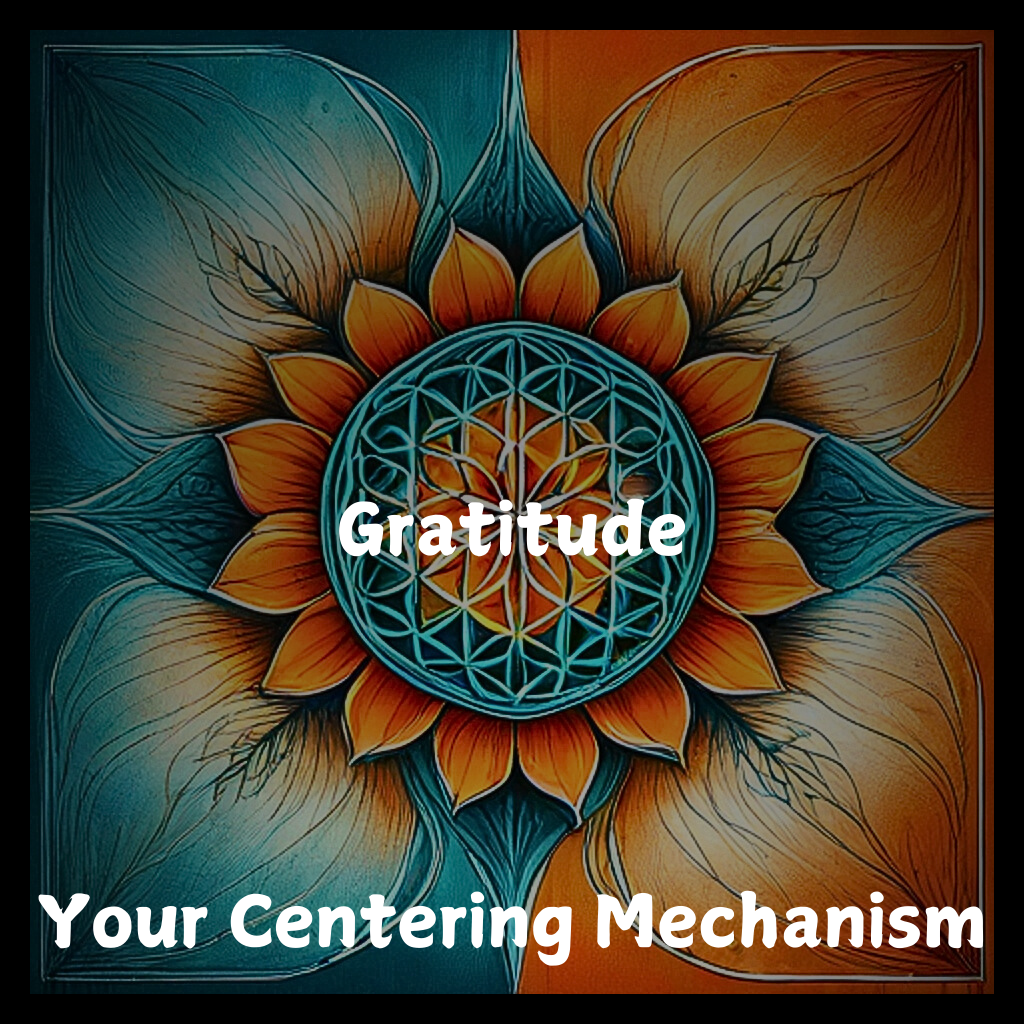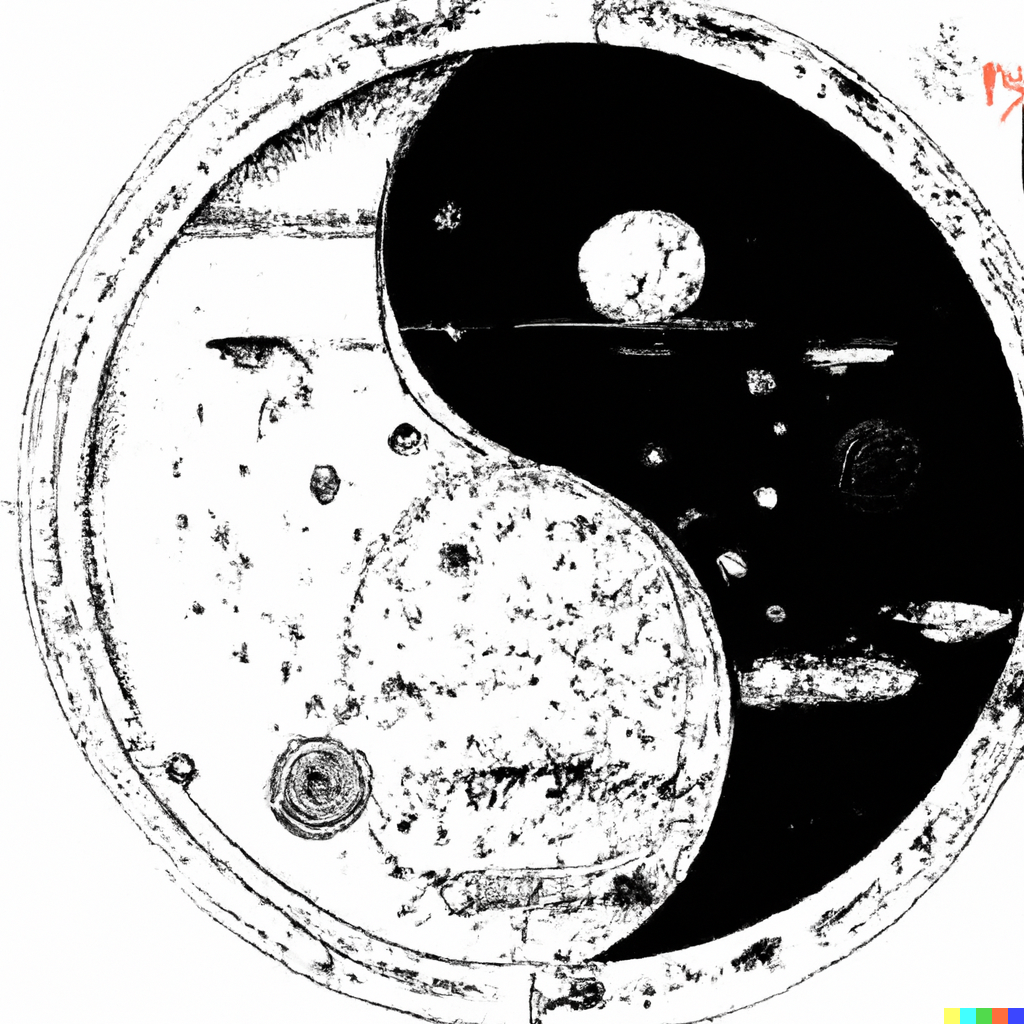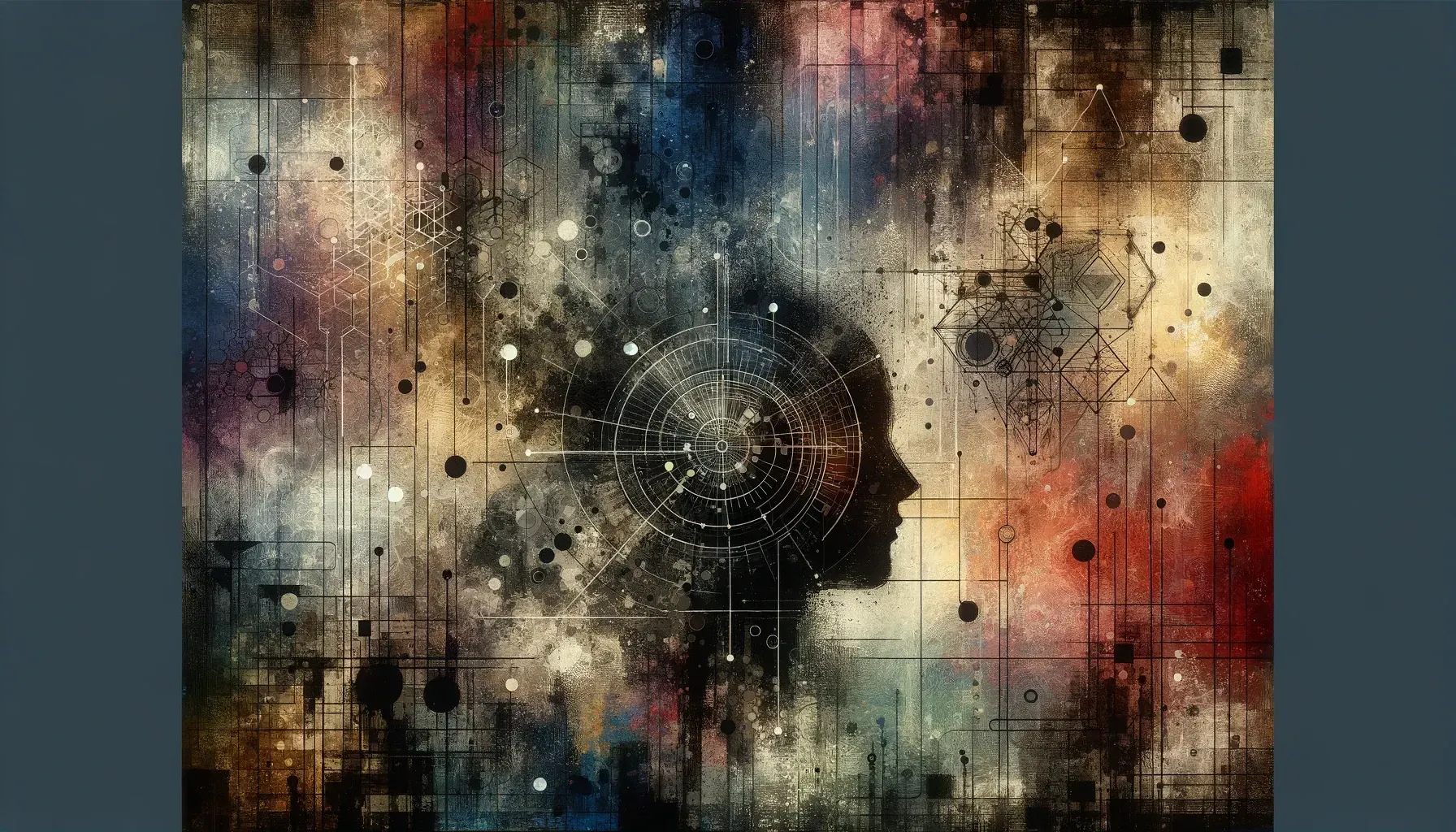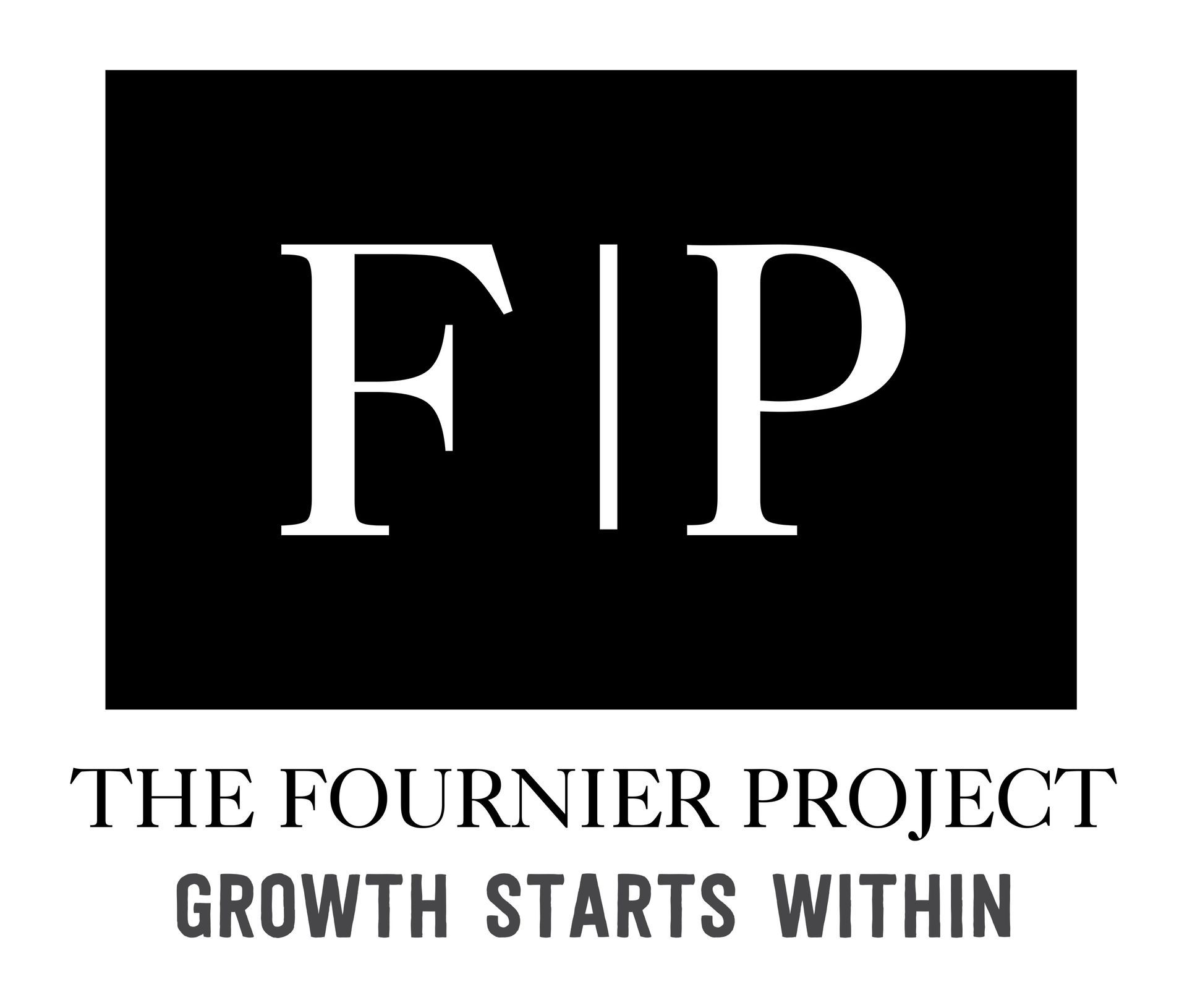Unraveling the Meaning of Quotes: A Philosophical and Psychological Analysis of “To Know is Good, To Understand is Divine”
"To Know is Good, To Understand is Divine" - Daniel Fournier
While the quote at the center of this article is one, I personally hold dear, I invite you to engage with the text and ponder its broader implications.
For too long, I've kept the profound impact of this phrase close to my heart.
Now, I believe it's time to bring this discussion into the open, particularly within organizational contexts. The distinction between 'knowing' and 'understanding' is more than semantic; it's foundational. Ascending the ladder of knowledge is commendable, but it's merely a steppingstone on the journey toward true understanding.

Background: In my early 20s, I was captivated by the intricate complexities of the universe and how our perceptions shape our realities. During this period of intellectual exploration, a particular phrase resonated with me as if echoing a deeper truth. Though simple in its construction, the phrase invited profound contemplation. Over the years, it has evolved into a personal mantra that I revisit periodically. This mantra serves as a constant reminder to scrutinize not just what I know but also the depth of my understanding of that knowledge.
Embark on an exploration of the profound layers within the quote, "To know is good, to understand is divine," as we delve into its philosophical and psychological implications. I must confess that I grappled with the decision to publish an article centered on a quote that I hold dear, primarily due to concerns that it might appear self-serving. I want to assure you that this is far from my intention. My aim is to dissect the depth and resonance this mantra holds for me, treating it with the same analytical rigor I would apply to anyone else's words. In doing so, I hope to share insights that may resonate with you as well.
Introduction to Daniel Fournier's Quote
"To know is good, to understand is divine." This quote by Daniel Fournier serves as a gateway into a labyrinth of philosophical and psychological contemplation. At first glance, it may appear simple, but as we delve deeper, its complexities unfold. This article aims to explore the profound implications of this quote, both philosophically and psychologically.
Exploring the Philosophical Meaning
The quote can be interpreted in various ways, depending on one's philosophical leanings. For instance, in his blog post, Lewis on Transposition, Edward Feser discusses that earthly experiences are mere shadows of divine realities. In this context, "to know" could mean to have a mental image of these shadows, while "to understand" is to grasp the divine realities they represent.
Knowledge is the accumulation of facts and information in its most basic form. It is essential for survival and progress but is often limited by our sensory perceptions and cognitive abilities. However, the quote suggests that knowledge, while good, is not the end goal; understanding is.
Knowing something is good because it empowers us to make informed decisions. Yet, the quote implies that there is a higher form of good, which is understanding. Understanding transcends mere knowledge; it involves wisdom, insight, and the ability to see the bigger picture. Deeper understanding occurs when knowledge transcends itself from being a sector of knowledge to representing an active node in a network of information that brings clarity to further enhance understanding.
Unveiling the Psychological Depths
Psychological Implications of the Quote
From a psychological standpoint, the quote touches upon the cognitive processes involved in understanding. According to Intuition in Psychology and Cognitive Science," understanding is a higher cognitive function that requires intuition, reasoning, and emotional intelligence.
The Role of Understanding in Human Cognition
Understanding is not just an intellectual exercise but a holistic process that engages the mind, heart, and soul. It allows us to connect disparate pieces of information, thereby creating a cohesive whole, ultimately shaping our perceptions of the world at large.
Connection Between Understanding and Divine Qualities
The quote suggests that understanding is divine, elevating it to a spiritual level. This could imply that the act of understanding brings us closer to our higher selves or even a higher power, making it a deeply spiritual endeavor.
Reflecting on the Implications
The quote has far-reaching implications, not just for individual growth but also for societal progress. In a world overwhelmed with information, understanding becomes the key to discernment and wise action. It challenges us to go beyond the surface and explore the depths of our own consciousness and the world around us.
"To know is good, to understand is divine" serves as a profound reminder of the limitations of mere knowledge and the transformative power of understanding. As we navigate the complexities of life, may this golden truth guide us toward greater wisdom and, ultimately, toward our own divinity.
Key Takeaways:
- The quote suggests that while knowledge is valuable, understanding is of a higher, almost divine quality.
- Knowledge is described as "good" because it is practical and empowering, but understanding is considered "divine," indicating a higher form of goodness.
- Psychologically, the quote emphasizes the importance of higher cognitive functions like intuition and emotional intelligence in achieving understanding.
- Philosophers like Socrates, Plato, and Immanuel Kant have explored similar themes, each contributing to the rich tapestry of thought on this subject.
Thanks for reading,
Daniel Fournier | September 15, 2023 (LinkedIn article - taken and published on thefournierproject.com)
#PhilosophicalInsights #PsychologicalDepth #KnowledgeVsUnderstanding #DanielFournierQuote #IntellectualExploration #CognitiveProcesses #DivineUnderstanding #PersonalMantra #IOpsychology #ExpandYourMind #EscapeTheMatrix
TFP Blog







